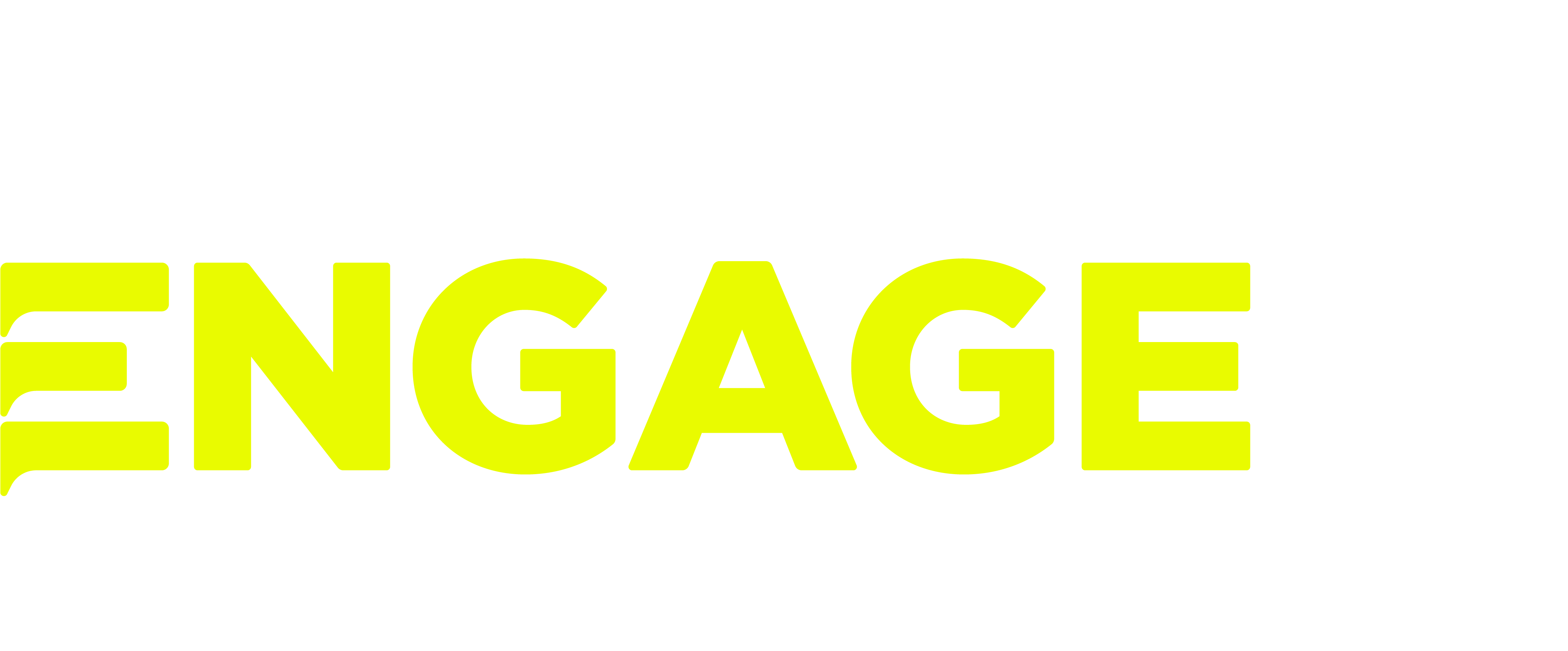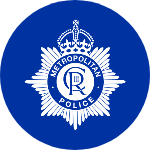|
Courier Fraud Fraudsters cold call you pretending to be from your bank or from the police. They claim there is an issue with your bank account or request your assistance with an ongoing bank or police investigation. They claim they are conducting an investigation, often saying it involves corrupt bank employees or police and ask for your help or say your account is at risk. The ultimate aim of this call is to trick you into parting with your money either in person, online, via a money service bureau or in a bank. If they manage to convince you, they instruct you to carry out a task which ultimately involves you handing over your money. These include: Asking you to attend your bank branch to withdraw a large sum of money which they will then collect from you for evidence. They may claim the money may be counterfeit, or that it is going to be sent off for forensic or fingerprint analysis. Asking you to withdraw large amounts of foreign currency, which will similarly be collected by a courier from your home address. Asking you to provide details over the phone, including typing in your PIN then handing over your cards to a courier sent to your address (often after you have cut them up as instructed). Asking you to purchase high value items, such as expensive watches to ‘clear criminal funds’ which will again be collected by a courier. Asking to purchase other items, like gift cards or vouchers. In all of these cases they will assure you that you will soon be reimbursed. Fraudsters want to avoid detection, and may give you instructions to achieve this such as: Informing you it is an undercover operation involving bank/police corruption, so you must not tell bank staff or police anything about the phone call. They may even threaten that you could be arrested if you do. Give you a cover story to tell bank staff or police, e.g. the money/item is for building works, a holiday or a gift for a relative. Criminals have developed their methods further to no longer involve the courier. They may now claim that as a result of the fraud, they are investigating your bank account and therefore ask you to transfer your money into a ‘safe account’. They will provide you with the account details and may even say this is set up in your name. This is called Push Payment Fraud. How to protect yourself Be extremely wary of unsolicited phone calls from your bank or the police, particularly if they are requesting personal information. End the call, call back on a different phone line or on a mobile. If this is not possible, wait at least one minute before calling back. Use either the telephone number on your bank card, go to the bank’s website or for the police dial ‘101’. Speak to friends or family before carrying out any actions. Don’t trust claims made by cold callers. Never hand over your money, bank cards or make purchases following an unexpected call. Never share your PIN with anyone. Watch our video on Impersonation Fraud at www.met.police.uk/littlemedia REMEMBER - Your bank or the police will never ask you for your PIN, bank card, or ask you to withdraw money or buy items on their behalf. CAUTION - If you receive an unexpected call, hang up and use another phone to call back and confirm identity. THINK - How do I know they are who they say they are? | 













